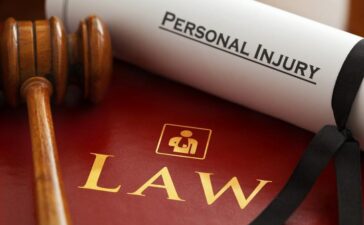Medical malpractice occurs when a medical professional injures a patient due to some form of negligence, or a failure of medical duties. The medical professional could be a doctor, nurse, technician or healthcare provider. It is important to contact a personal injury law firm Hillsborough County to understand all of the requirements and specifics of the case. However, there are some universal basic requirements needed in order to file a medical malpractice case.
Duty to Act
The first requirement is that the person filing the suit was a patient of the medical practitioner. This seems to be an obvious requirement, but there are some situations where it would not apply. For example, speaking with a medical professional at a casual event. If you have a friend who is a doctor, and they give you some advice at a dinner party, you are not their patient. The same would be said for any medical information heard through a third party. The requirement becomes uncertain when pertaining to consultants. If your doctor consults another doctor, then are you a patient of the consulting doctor? These are the types of circumstances that need to be investigated by your lawyer.
Negligent Care
This requirement may be the most important and also the hardest to prove. Not all doctors are created equal. They have their own education and experience, which guides the treatments they recommend. There is no way around this, and it is also how the profession learns and grows. However, with any profession, there must be a standard of care. In order to prove that a medical professional was negligent, you must prove that they were not “reasonably skillful and careful”. You must show that the treatment received would not have been suggested by a competent doctor.
Direct Causation
Showing that the medical professional was negligent is not enough. It must also be proven that the negligence directly contributed to the illness or injury. For example, if a family member died of cancer, and one of the treatments was deemed negligent, then you must also prove that the family member would have survived if it wasn’t for that treatment. This can be difficult to do.
Specific Damages
After the medical professional’s neglect is proven as the cause for illness or injury, you need to show specifically how it caused damage to your life. This could include physical damage and also monetary damage. Did you lose your job? Can you pay the medical bills? Will further treatment need to be done to repair the damage caused by negligent care? If you did not incur any damages, then you can not sue for malpractice.





